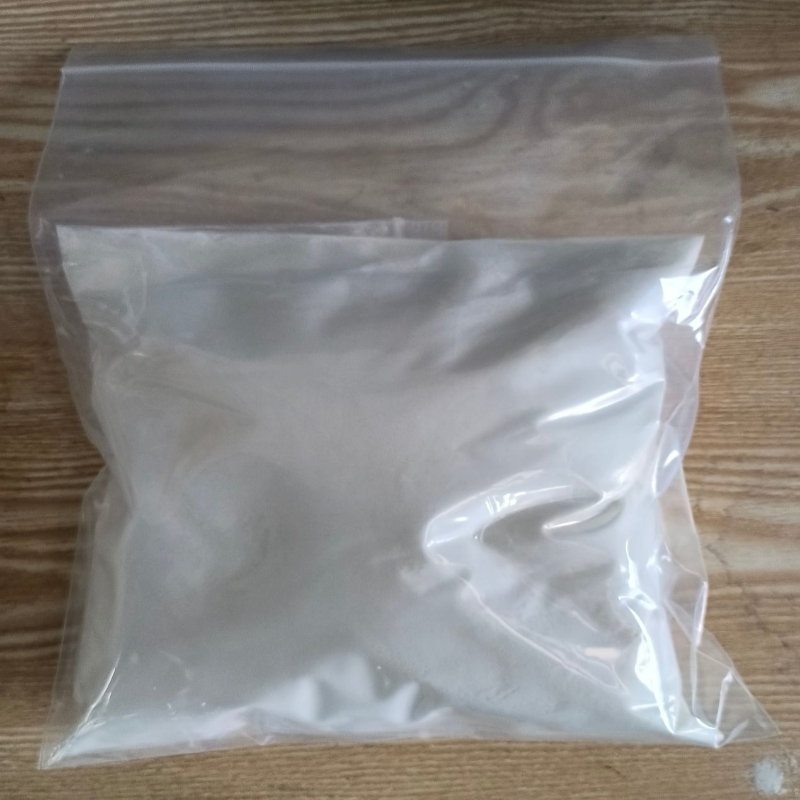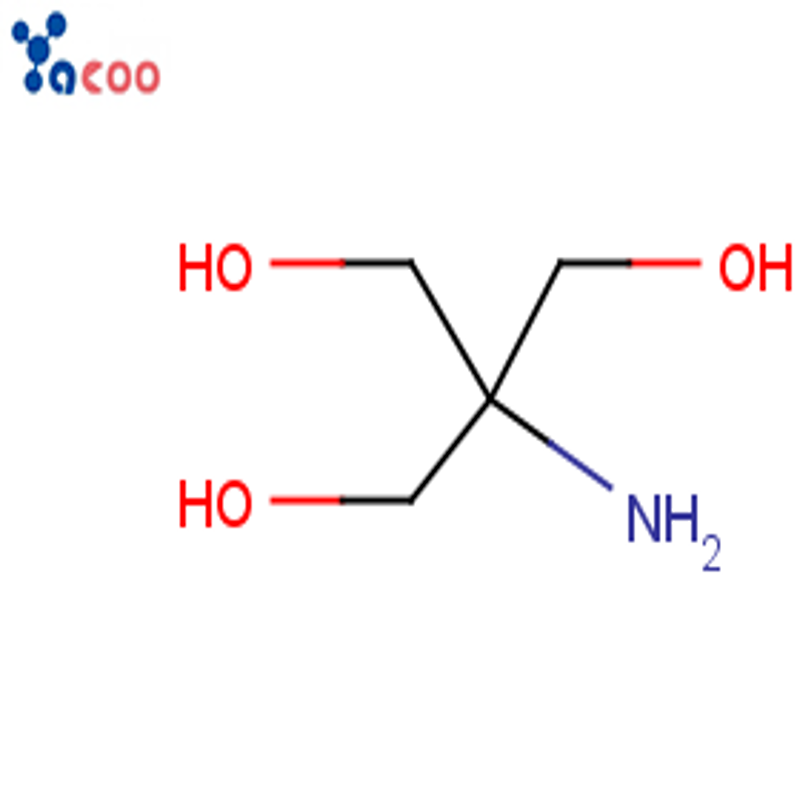-
Categories
-
Pharmaceutical Intermediates
-
Active Pharmaceutical Ingredients
-
Food Additives
- Industrial Coatings
- Agrochemicals
- Dyes and Pigments
- Surfactant
- Flavors and Fragrances
- Chemical Reagents
- Catalyst and Auxiliary
- Natural Products
- Inorganic Chemistry
-
Organic Chemistry
-
Biochemical Engineering
- Analytical Chemistry
-
Cosmetic Ingredient
- Water Treatment Chemical
-
Pharmaceutical Intermediates
Promotion
ECHEMI Mall
Wholesale
Weekly Price
Exhibition
News
-
Trade Service
Sodium isopropylbenzenesulfonate, also known as IPBS, is a commonly used catalyst in the chemical industry.
It is a strong acid catalyst that is used in a variety of reactions, including the emulsion polymerization of vinyl monomers, the alkylation of aromatic hydrocarbons, and the sulfonation of phenols.
The use of IPBS as a catalyst in the chemical industry has a number of advantages.
For one, it is a highly efficient catalyst that can speed up reactions significantly.
Additionally, it is relatively inexpensive and easy to obtain, making it a popular choice among chemical manufacturers.
One of the key applications of IPBS is in the emulsion polymerization of vinyl monomers.
This is a process in which monomers, such as styrene or butadiene, are polymerized in the presence of an emulsifier and IPBS.
The result is a stable emulsion that can be easily separated into the individual polymer particles.
This process is widely used in the production of latex paints, adhesives, and other polymer-based products.
Another common application of IPBS is in the alkylation of aromatic hydrocarbons.
This is a process in which an aromatic hydrocarbon, such as benzene or toluene, is reacted with an alkylating agent, such as propylene or ethylene.
IPBS is used as a catalyst in this reaction, which is used to produce a wide range of chemicals, including plastics and dyes.
IPBS is also used in the sulfonation of phenols.
This is a process in which a phenol is treated with sulfuric acid in the presence of IPBS.
The result is a sulfonated phenol, which is used in the production of detergents, surfactants, and other chemical products.
Despite its many benefits, IPBS can also present a number of challenges in the chemical industry.
For one, it is a strong acid and can be dangerous to handle without proper precautions.
Additionally, it can be difficult to remove from the final product, which can lead to contamination and other problems.
As a result, it is important for chemical manufacturers to carefully consider the potential risks and benefits of using IPBS in their processes.
Overall, Sodium isopropylbenzenesulfonate is an important catalyst in the chemical industry, and its use is likely to continue to grow in the future.
With its many benefits and applications, it is an essential tool for chemical manufacturers, providing them with a way to speed up reactions and produce a wide range of chemical products.
However, it is also important for manufacturers to carefully consider the potential risks and challenges associated with its use, and to take the necessary precautions to ensure the safety of their workers and the environment.







